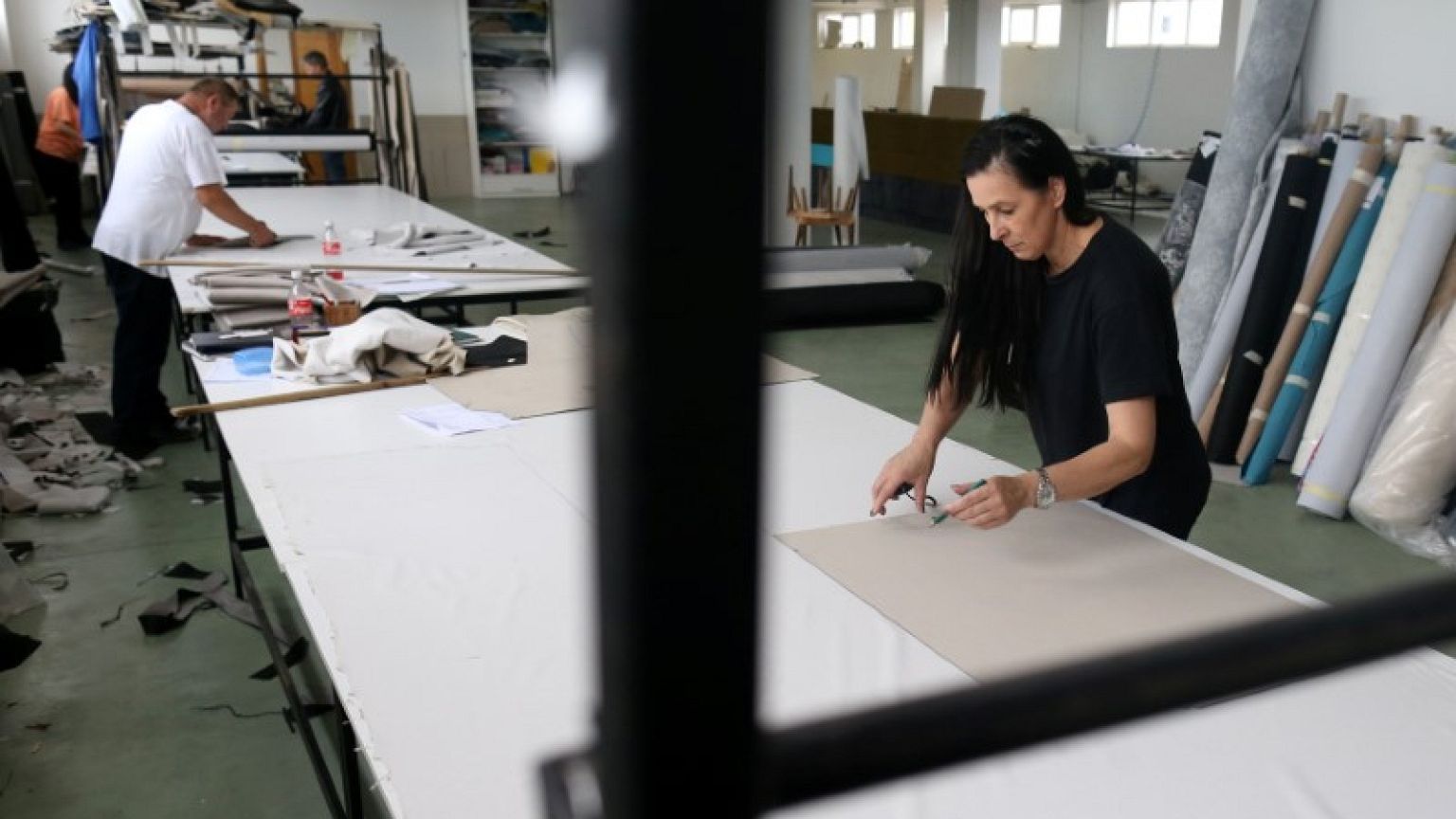By Daria Sito-Sucic
KONJIC, Bosnia (Reuters) - A family in southern Bosnia is producing hand-crafted wooden furniture for export, helping to revive a century-old craft that suffered during the country's war in the 1990s.
The Niksic family has been in the woodcarving business since 1919, based in the town of Konjic and using logs from forests that cover around half of the country in the Balkans.
UNESCO listed Konjic woodcarving last December as an intangible cultural heritage of humanity, in part because of the family's efforts.
At its peak 100 years ago, Konjic furniture was exported to Paris and Milan. But Bosnia's main furniture producers were destroyed in the 1992-95 war in which around 100,000 people were killed. For years afterwards the country only exported sawlogs and semi-processed products.
Now, furniture exports represent about 4 percent of the $16.8 billion GDP of Bosnia, a country of 3.5 million people whose exports are dominated by metals and electricity.
The family restarted its business after the war, producing traditional furniture and interior design. But exports only boomed in 2015 when it launched its Zanat brand, said Orhan Niksic, who co-owns the company together with his brother Adem.
"We blend traditional woodcarving techniques with modern design and our products made of high-quality natural materials are sold on four continents," Niksic told Reuters in the Zanat workshop.
He said the workforce has doubled in recent years and he hoped Konjic could become a regional centre for artisanal firms such as leather and metalwork.
Zanat exports about 95 percent of its brand furniture pieces made of walnut, oak and maple, mainly to Europe, the United States, Australia and Hong Kong. Prices range from 700 euros a piece to 4,000, said Niksic, a former World Bank economist.
Zanat has prospered in collaboration with global furniture designers but other Bosnian producers say they struggle to secure raw materials and lack government support.
"We have raw-materials and market demand but uncontrolled logging and export of sawlogs may cost the sector dearly," said Suad Eco, chief executive of Sarajevo-based Inside company, which produces large pieces of furniture made from beech wood.
The government should make wood a strategic sector and ban exports of sawlogs and timber and tax some semi-processed products, Eco said.
(Reporting by Daria Sito-Sucic; Editing by Matthew Mpoke Bigg)














